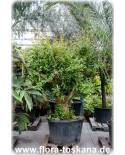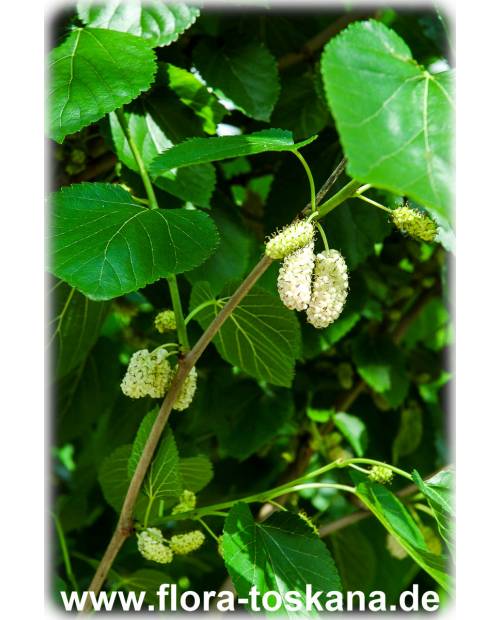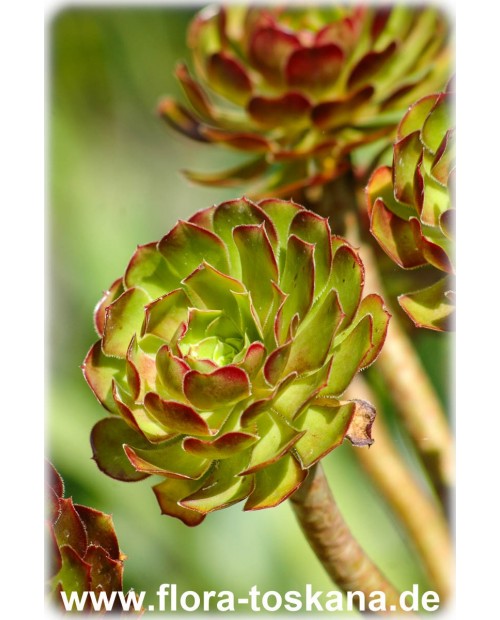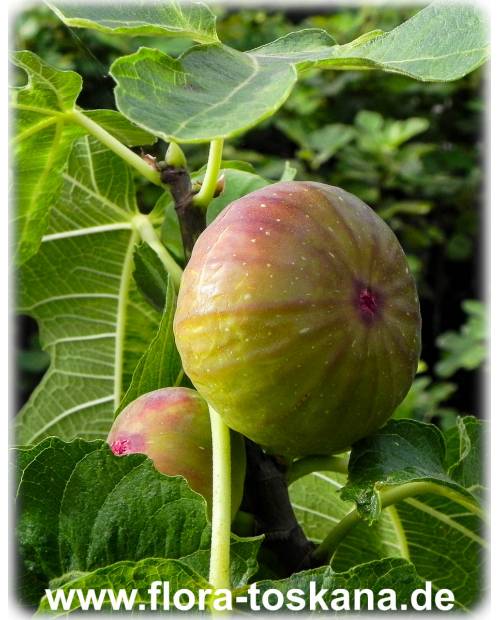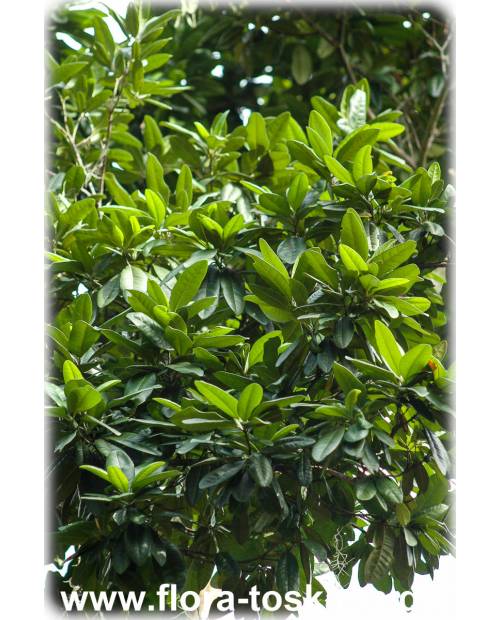Punica granatum XXL - Pomegranate
BESTSELLER (rank 5) - The classic deciduous Pomegranate (Punica granatum) with attractive orange-red flower calyxes and bright red, apple-sized fruit is a must-have in any Mediterranean-style garden. In milder regions, it can be planted out in the garden, but will require winter protection (winter hardiness zone 8).
Pomegranates (Punica granatum) are real grenades in terms of fruit and flower size. The bright orange-red, bell-shaped flowers reach 5-6cm in length. They open in early summer or summer, depending on overwintering conditions, and are self-fertile (insect pollination) which means that you need only one plant for harvesting your own red Pomegranate fruits. The reddish-brown fruits can reach 5 to 10cm across and burst open when fully ripe. The seeds inside are surrounded by juicy, red pulp that tastes wonderfully sweet and aromatic. You can either enjoy it freshly squeezed, or buy it as Grenadine syrup. The fruits need only 5 to 7 months to ripen, so you can harvest your own fruits in fall, even when the trees are cultivated in a pot – in winter gardens anyway. When placed in full sun, Pomegranates begin to bloom and bear fruit from the age of 3 to 4 years, which is very early for fruit trees. In a shady place it will grow well, but produce no flowers. Pomegranates are dense shrubs consisting of several shoots. The leaves are soft and turn golden yellow in fall. In April the new leaves grow with a reddish coating. The leafless trees are easy to overwinter because they only need little light and warmth. In regions with mild winters, some customers tell us of cultivation successes with Pomegranates that have thrived for years planted out in the garden. Interestingly, the fruits can be stored for about 6 months and even gain more aroma during this time. Therefore they were and are an important provision for expeditions, cruises or caravans.
![]() Quality: large & bright orange-red flowers; edible fruits; even young trees bear fruits; compact habit; robust & cold tolerant; easy to overwinter
Quality: large & bright orange-red flowers; edible fruits; even young trees bear fruits; compact habit; robust & cold tolerant; easy to overwinter
![]() Use: in pots starting April/March outdoors on balcony, terrace or winter garden - during winter indoors; all year round in conservatory beds; planted out in the garden in regions with mild winters.
Use: in pots starting April/March outdoors on balcony, terrace or winter garden - during winter indoors; all year round in conservatory beds; planted out in the garden in regions with mild winters.
Data sheet
- Family
- Punicaceae
- Origin
- Mediterranean
- Flowering period
- Summer
- Color of flowers
- Red
- Fruits
- Edible fruits
- Growth
- Tree
- Location
- Full sun
- winter temperature
- 5 (+/- 5) °C
- Minimum temperature
- -15 °C
- Hardiness Zones
- 7
- Height
- 3 - 4 m
Customers who bought this product also bought:

